The arrangement Open Educational Resources at Rotterdam University of Applied Sciences is made with Wikiwijs of Kennisnet. Wikiwijs is an educational platform where you can find, create and share learning materials.
- Author
- Last modified
- 18-07-2024 15:57:00
- License
-
This learning material is published under the Creative Commons Attribution 4.0 International license. This means that, as long as you give attribution, you are free to:
- Share - copy and redistribute the material in any medium or format
- Adapt - remix, transform, and build upon the material
- for any purpose, including commercial purposes.
More information about the CC Naamsvermelding 4.0 Internationale licentie.
Deze Wikiwijs is het resultaat van uitgebreid literatuuronderzoek naar Open Leermaterialen en gerelateerde onderwerpen (voorjaar 2021-voorjaar 2022) door Brenda Lems en Mariska Joan Schouten, werkzaam bij de mediatheek van Hogeschool Rotterdam.
Additional information about this learning material
The following additional information is available about this learning material:
- Description
- Informational module for information specialists and Teaching Staff at HBO.
- Education level
- HBO - Bachelor;
- End user
- leraar
- Difficulty
- gemiddeld
- Keywords
- creative commons, oer, open education, open educational resources
Sources
| Source | Type |
|---|---|
|
https://youtu.be/KrHt57wMf7k https://youtu.be/KrHt57wMf7k |
Video |
|
Wat betekent edusources voor de docent? https://youtu.be/S0Wakc1kIv8 |
Video |
Used Wikiwijs arrangements
Team Informatievaardigheid Hogeschool Rotterdam. (2023).
Open leermaterialen bij Hogeschool Rotterdam
https://maken.wikiwijs.nl/183397/Open_leermaterialen_bij_Hogeschool_Rotterdam

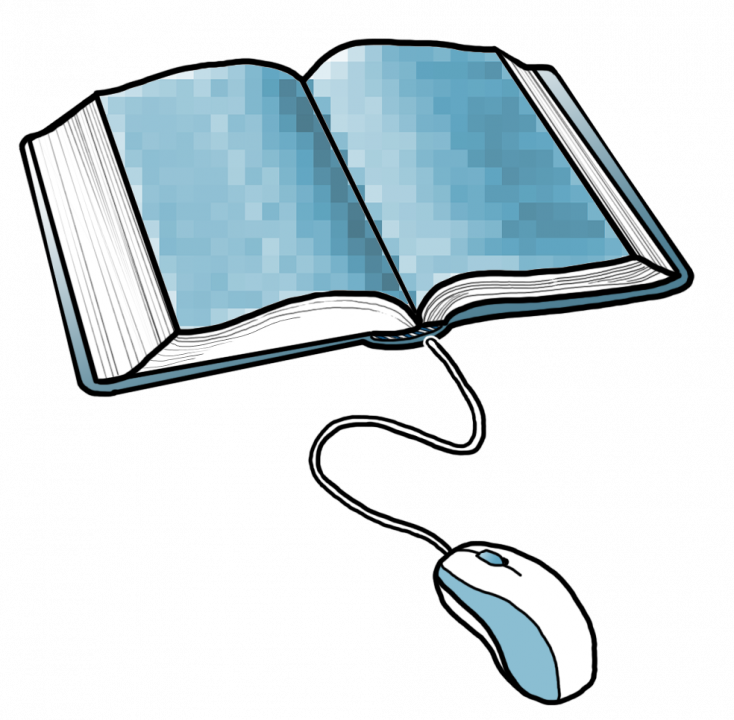
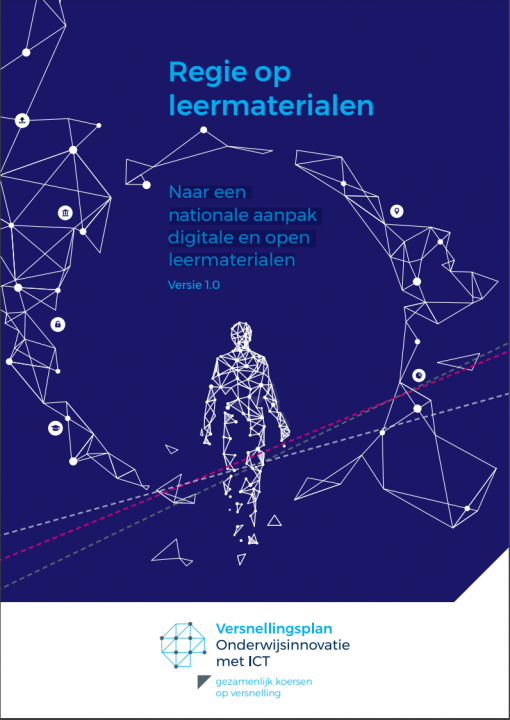
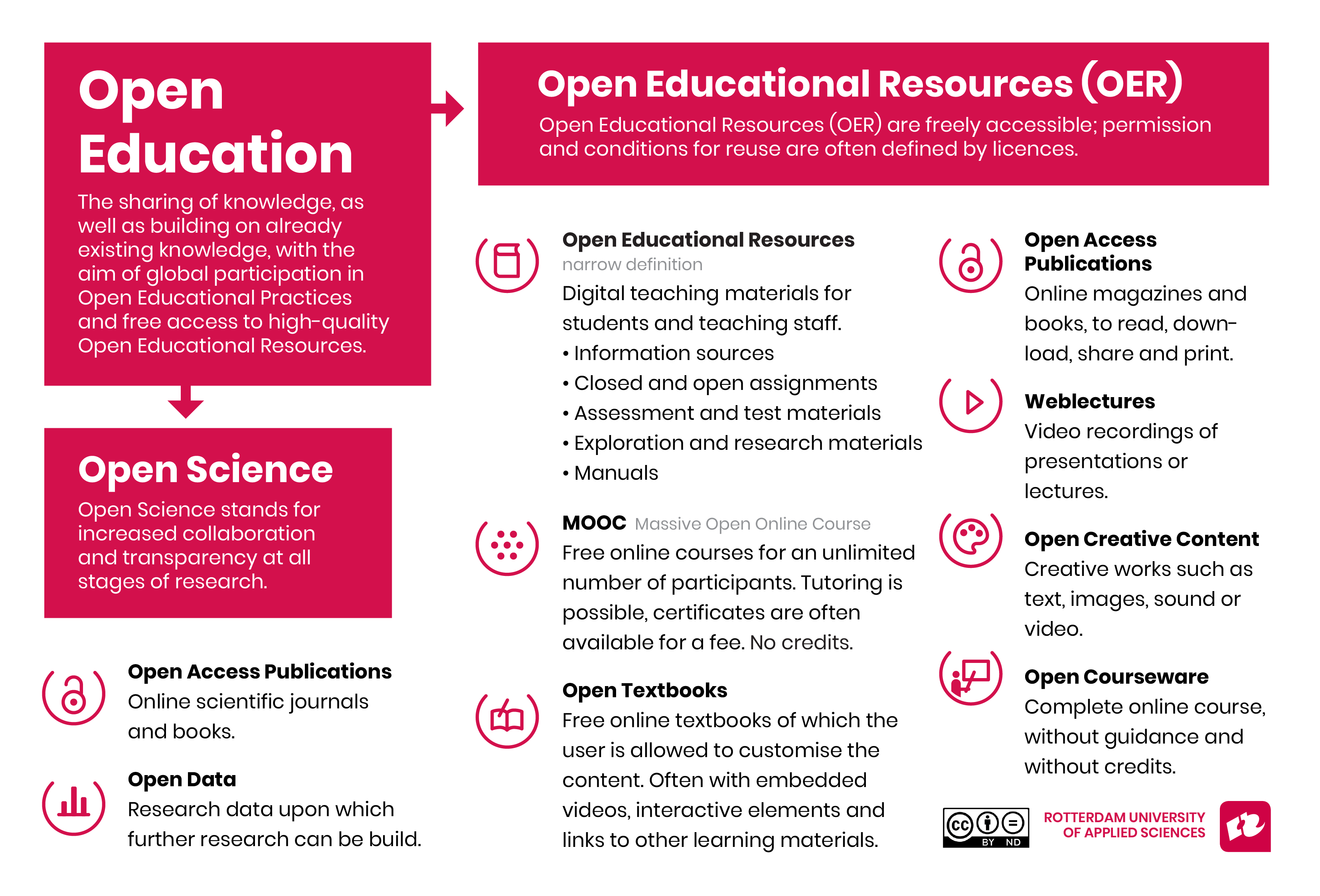
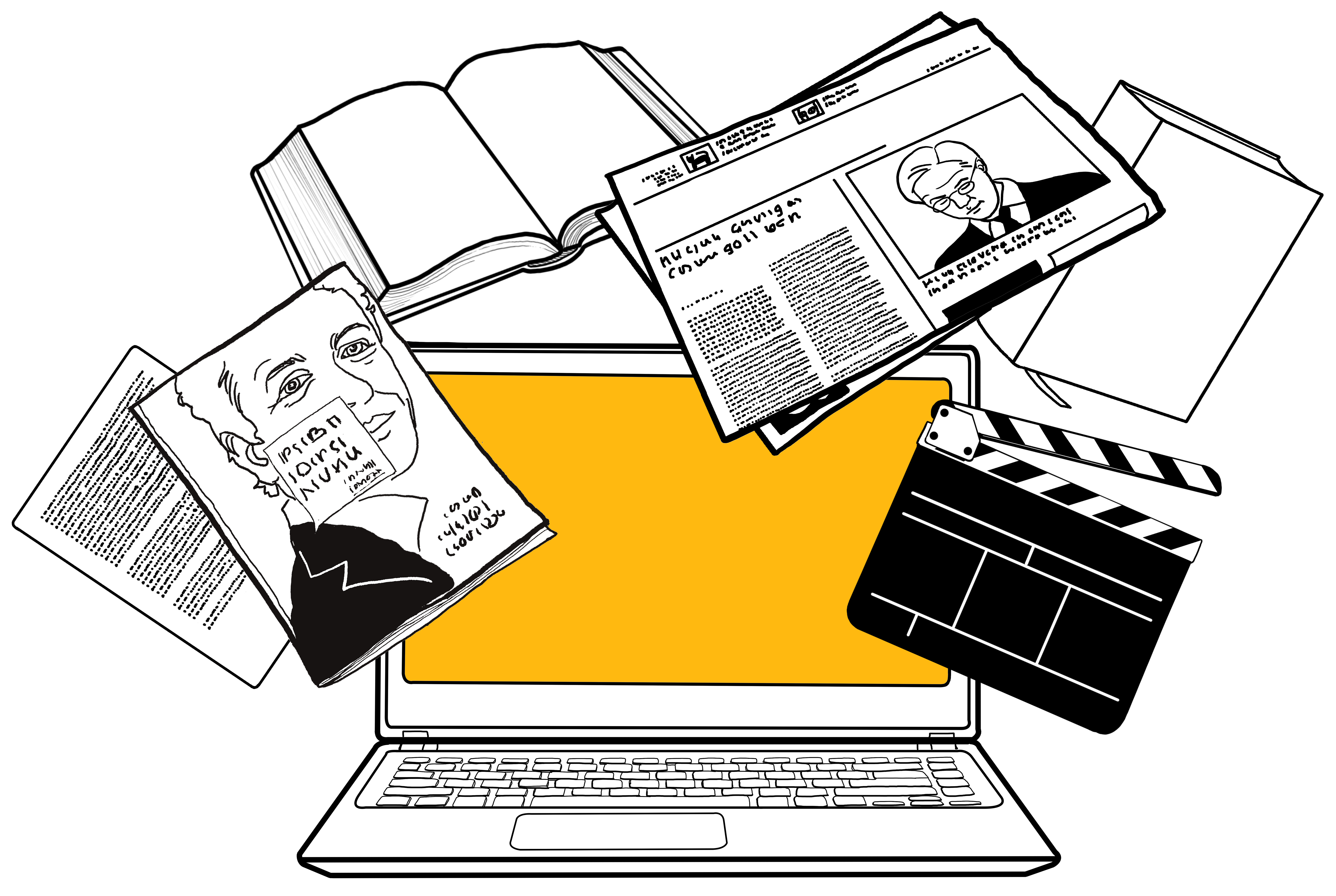
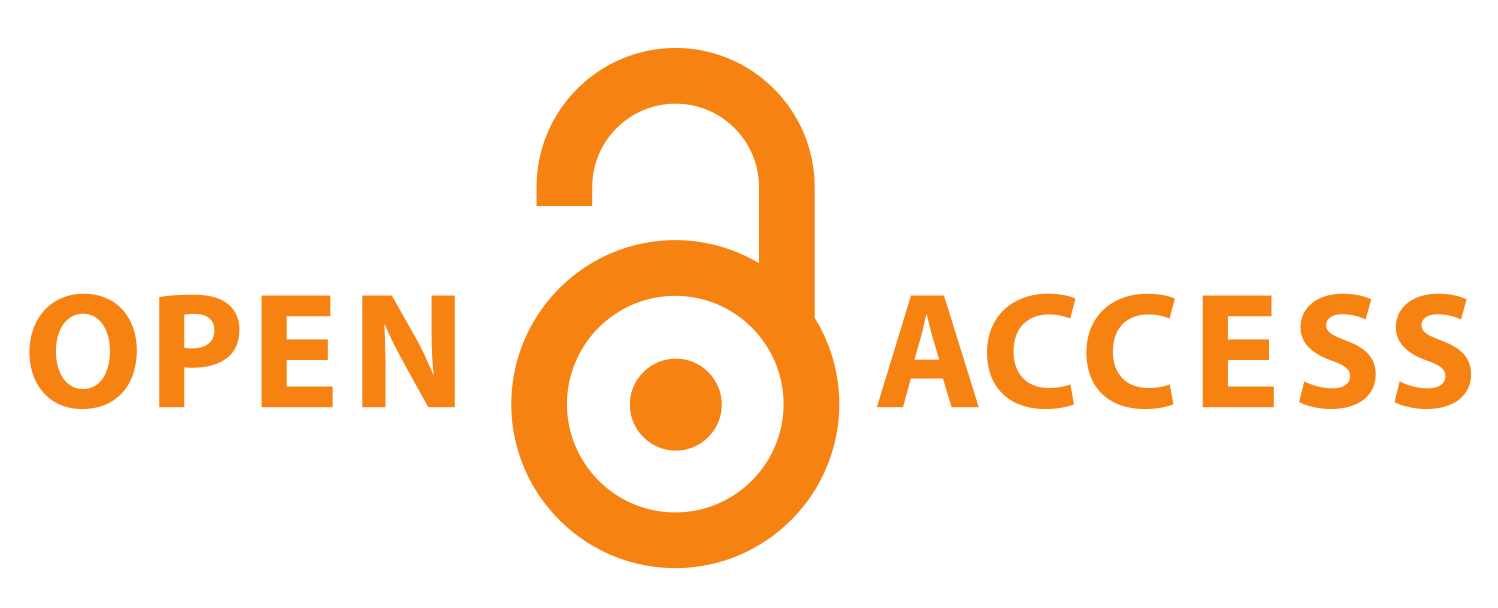
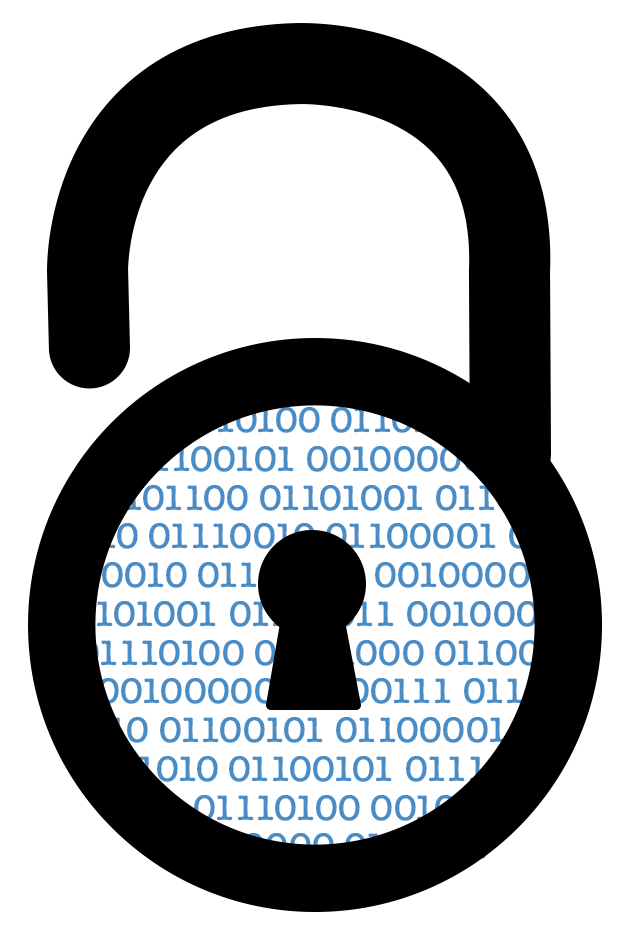
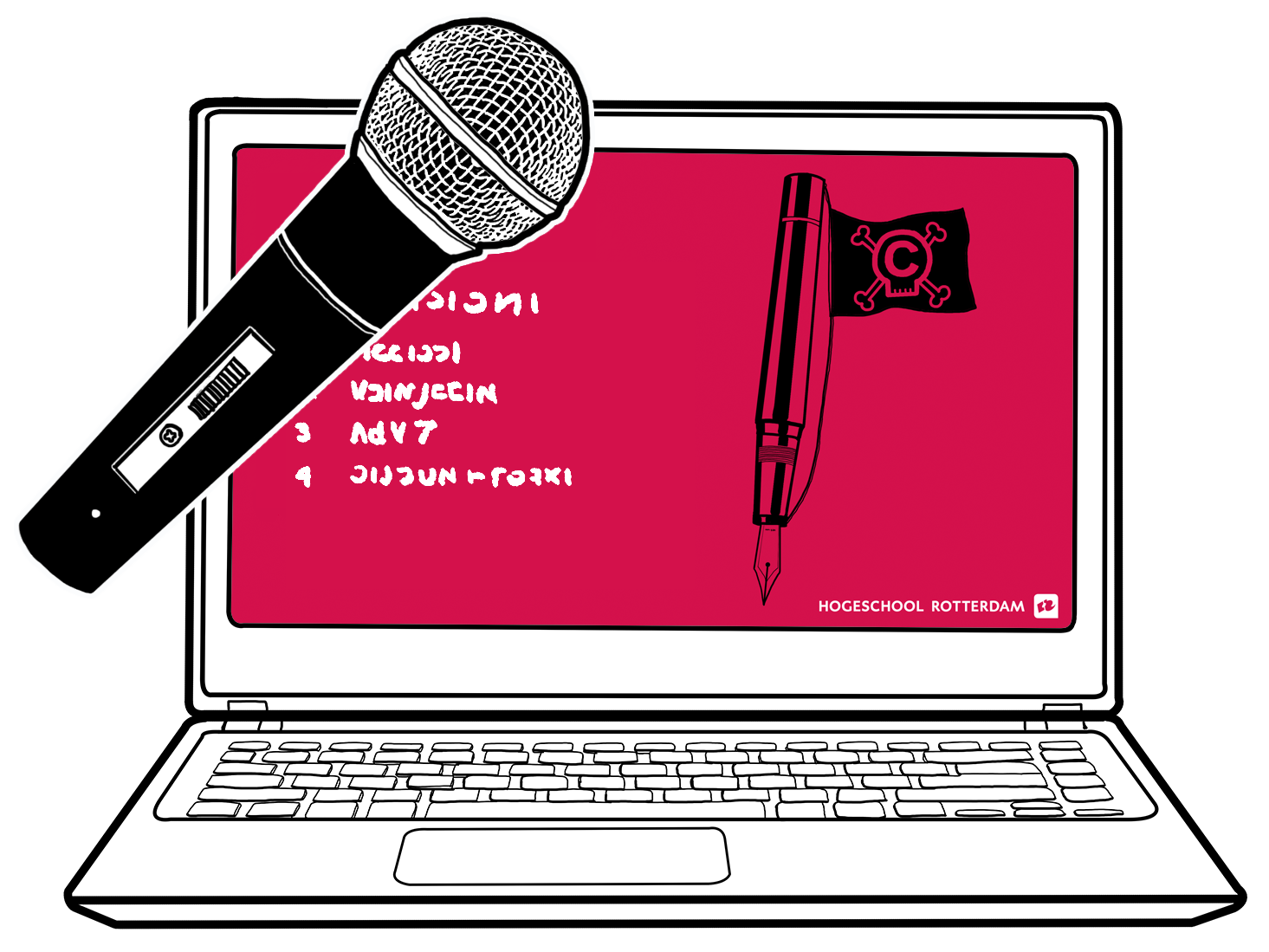
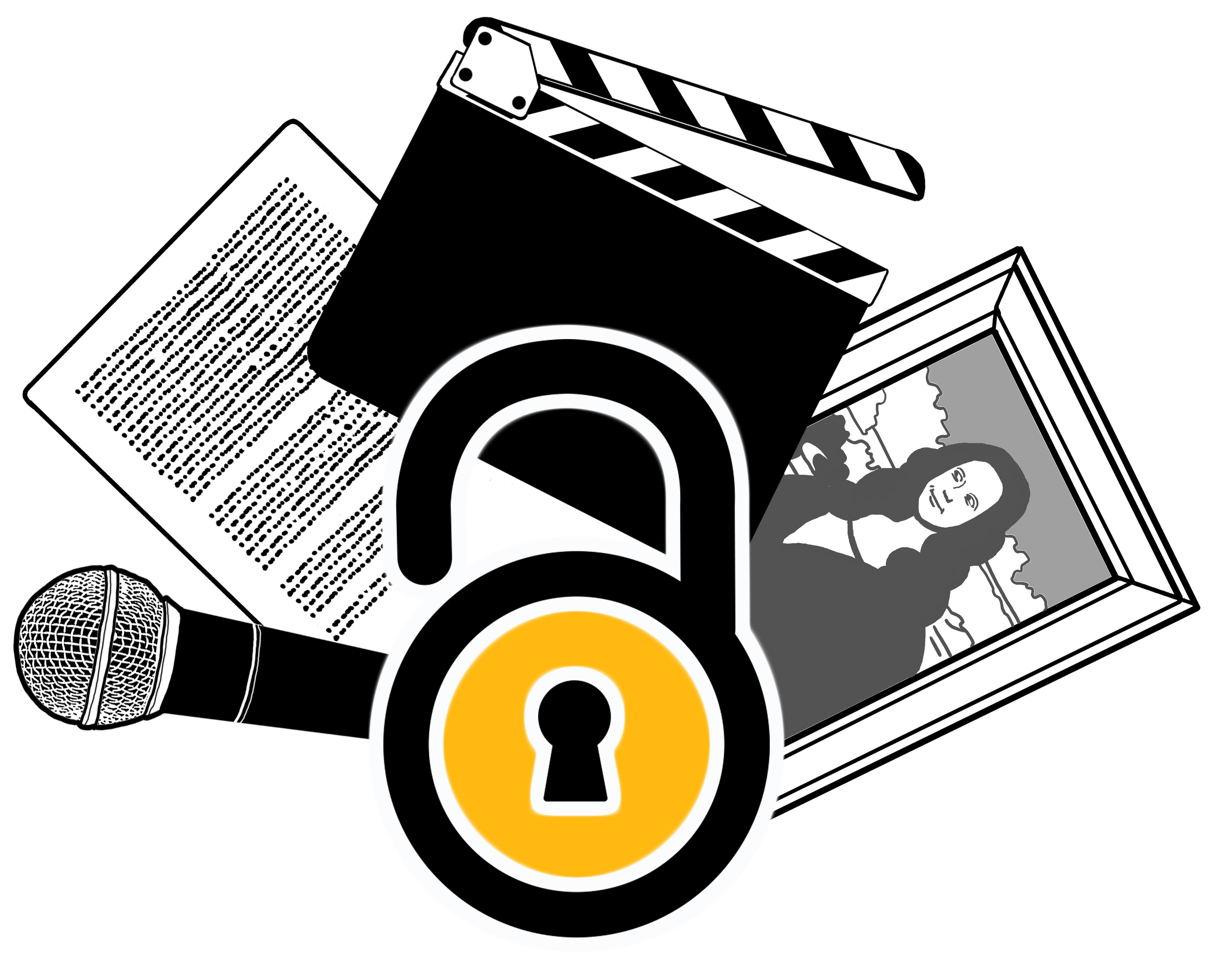
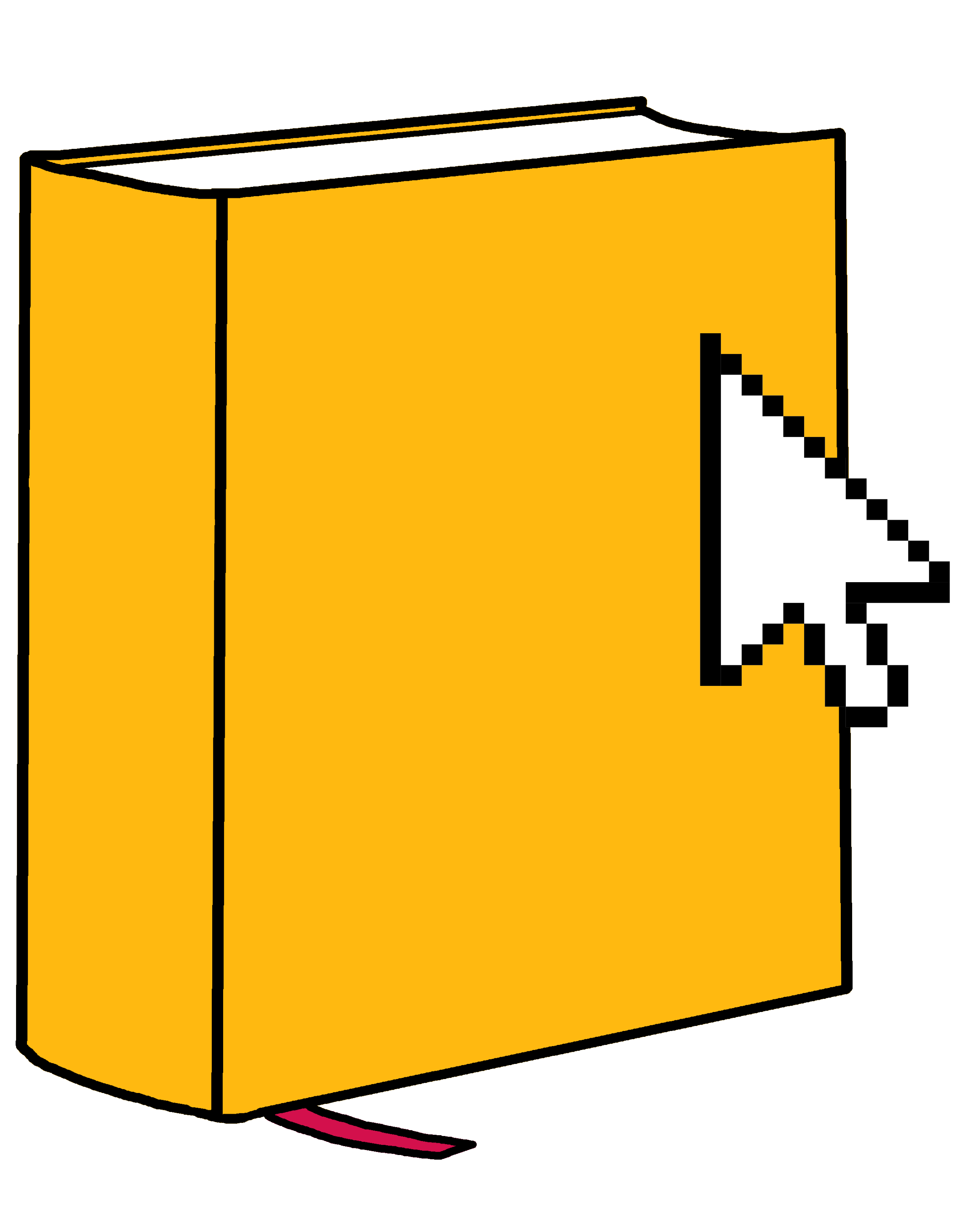
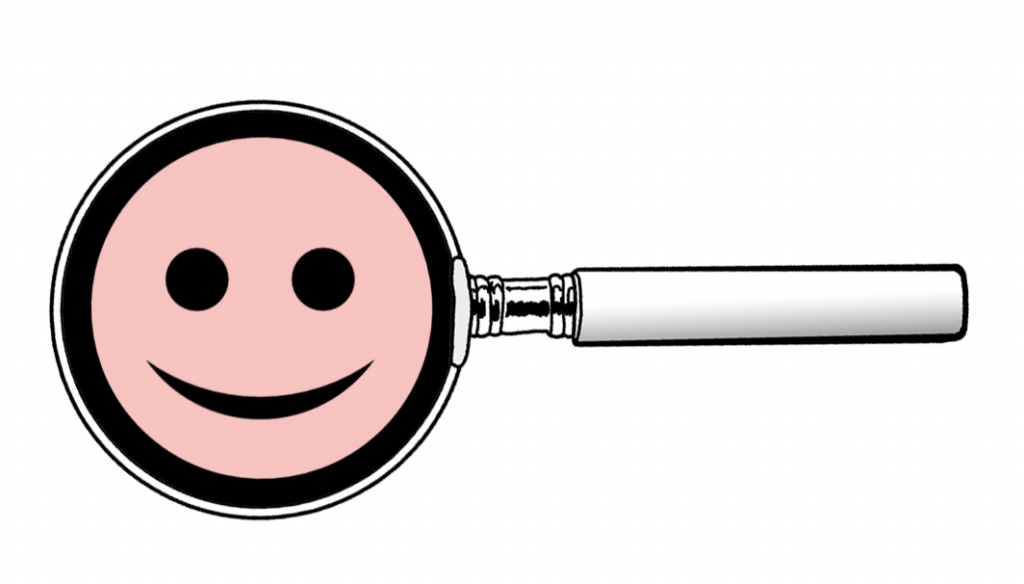


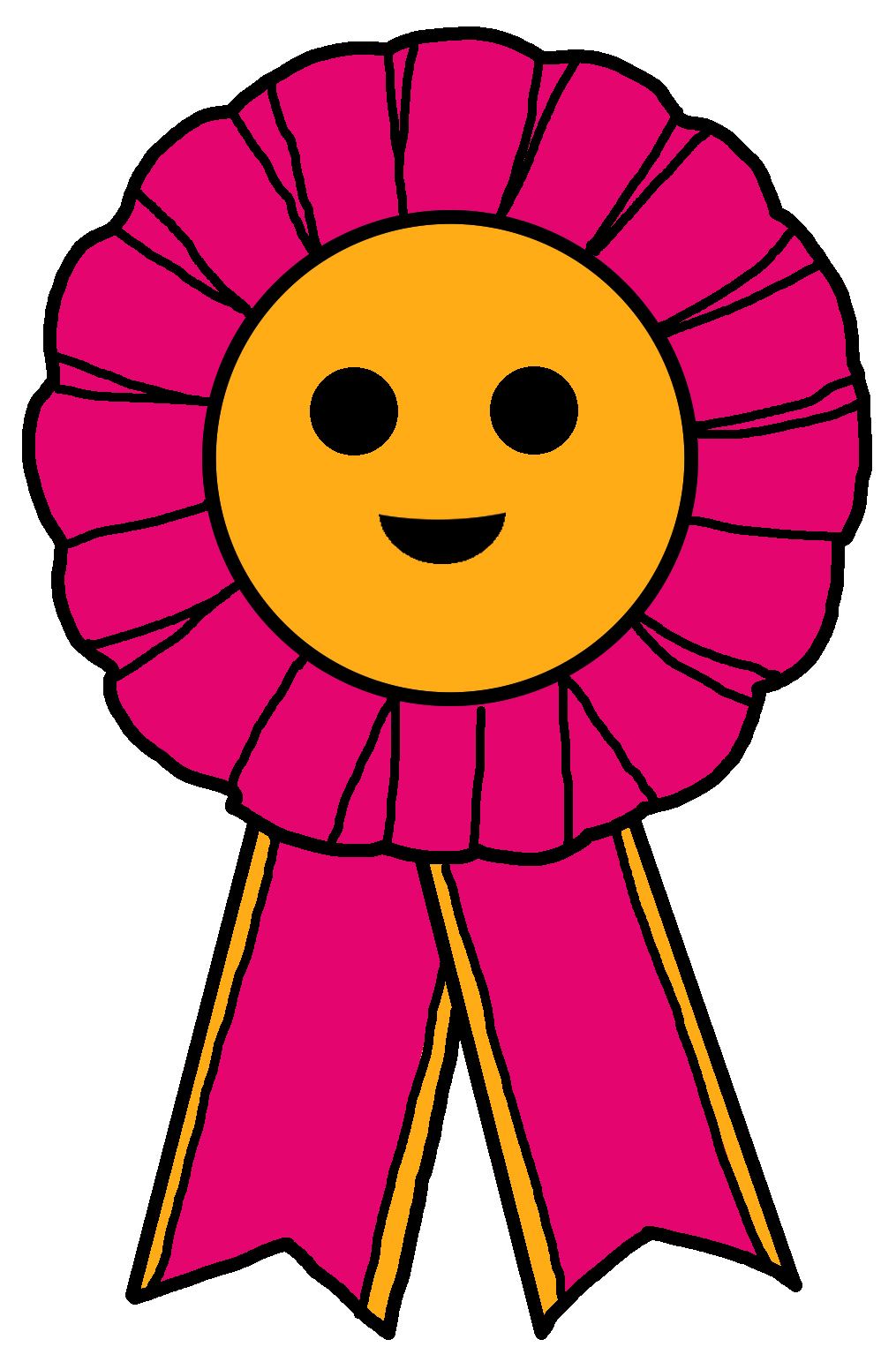
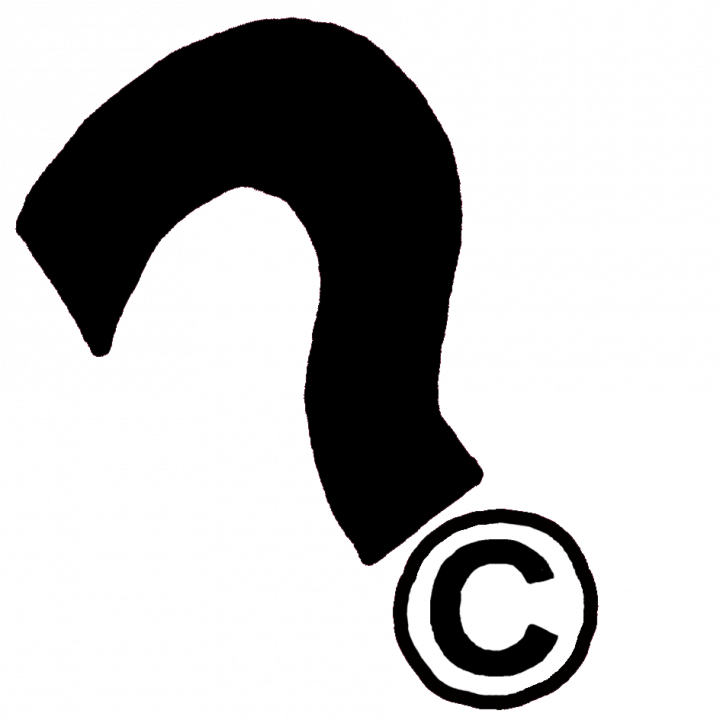
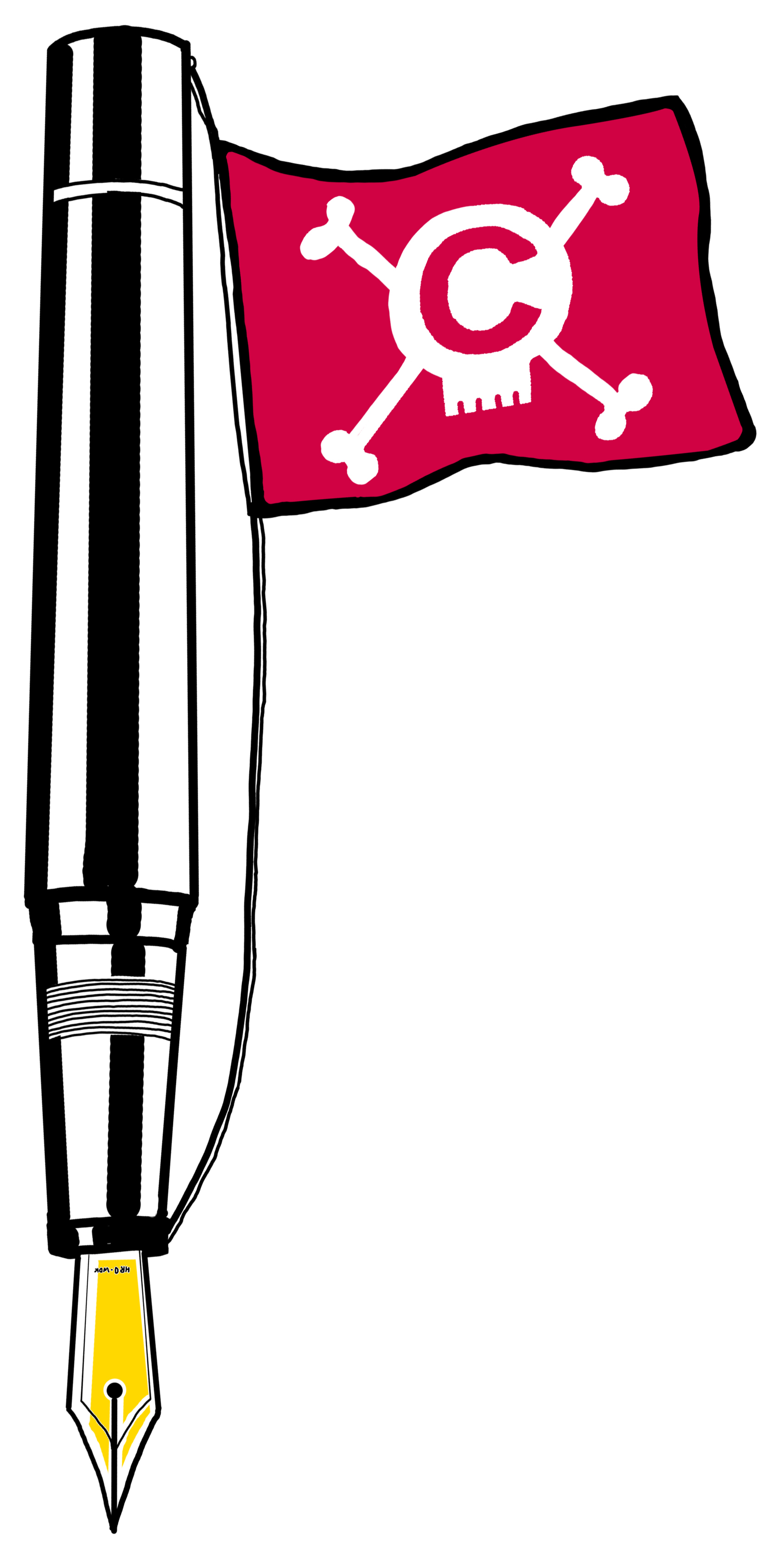 For the re-sharing of Open Educational Resources, or the sharing of self-made materials, the material must be provided with a Creative Commons licence. See section, 'Reusing Open Educational Resources-Creative Commons Licences for more information on this.
For the re-sharing of Open Educational Resources, or the sharing of self-made materials, the material must be provided with a Creative Commons licence. See section, 'Reusing Open Educational Resources-Creative Commons Licences for more information on this.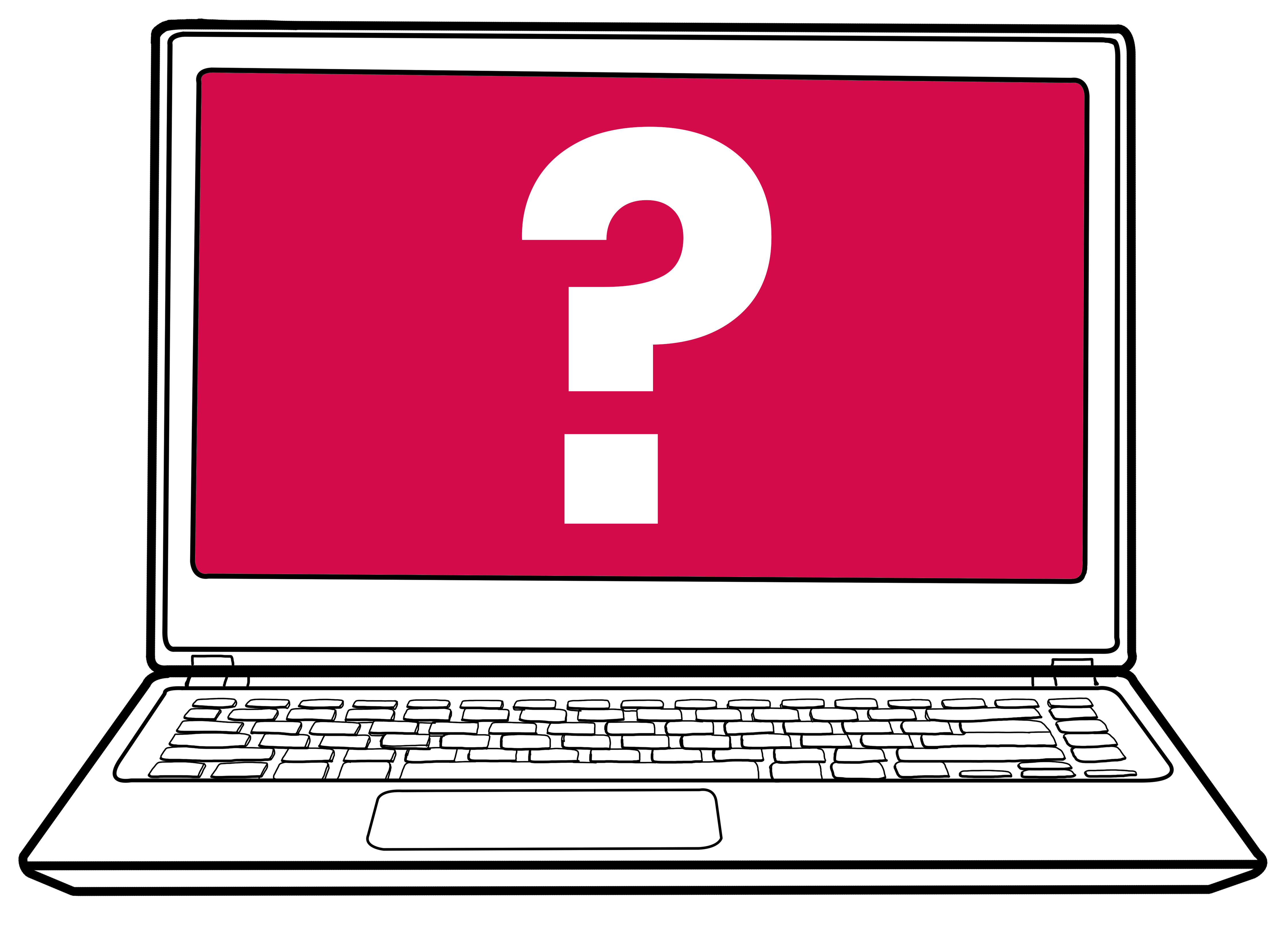 You can formally share Open Educational Resources via a repository/platform, which increases the range. It is also possible to share your materials within your own institution only, rather than with the entire world. This is called semi-open sharing.
You can formally share Open Educational Resources via a repository/platform, which increases the range. It is also possible to share your materials within your own institution only, rather than with the entire world. This is called semi-open sharing.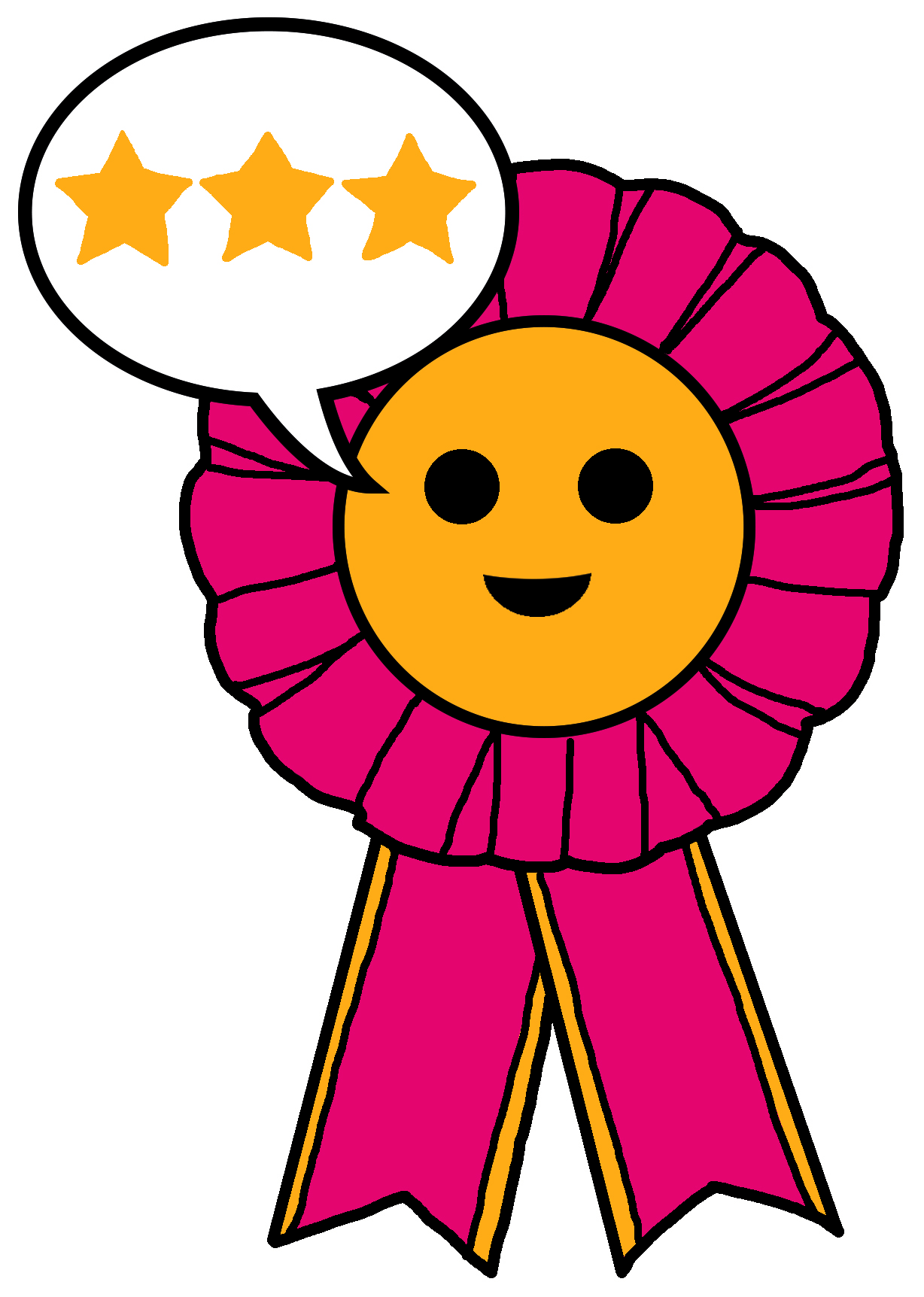
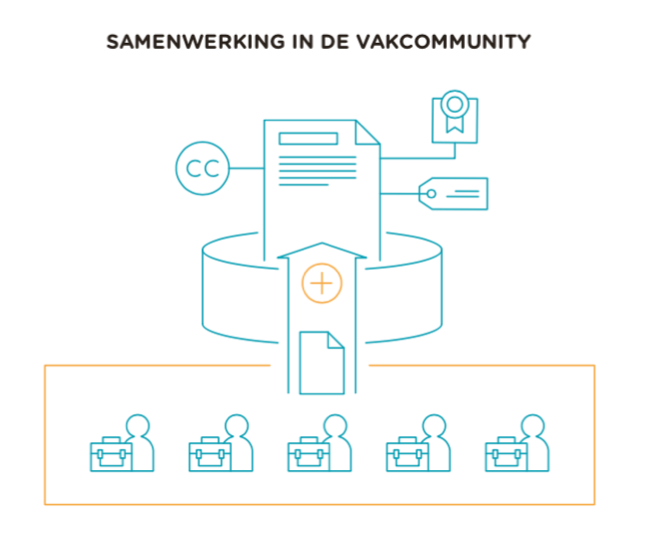
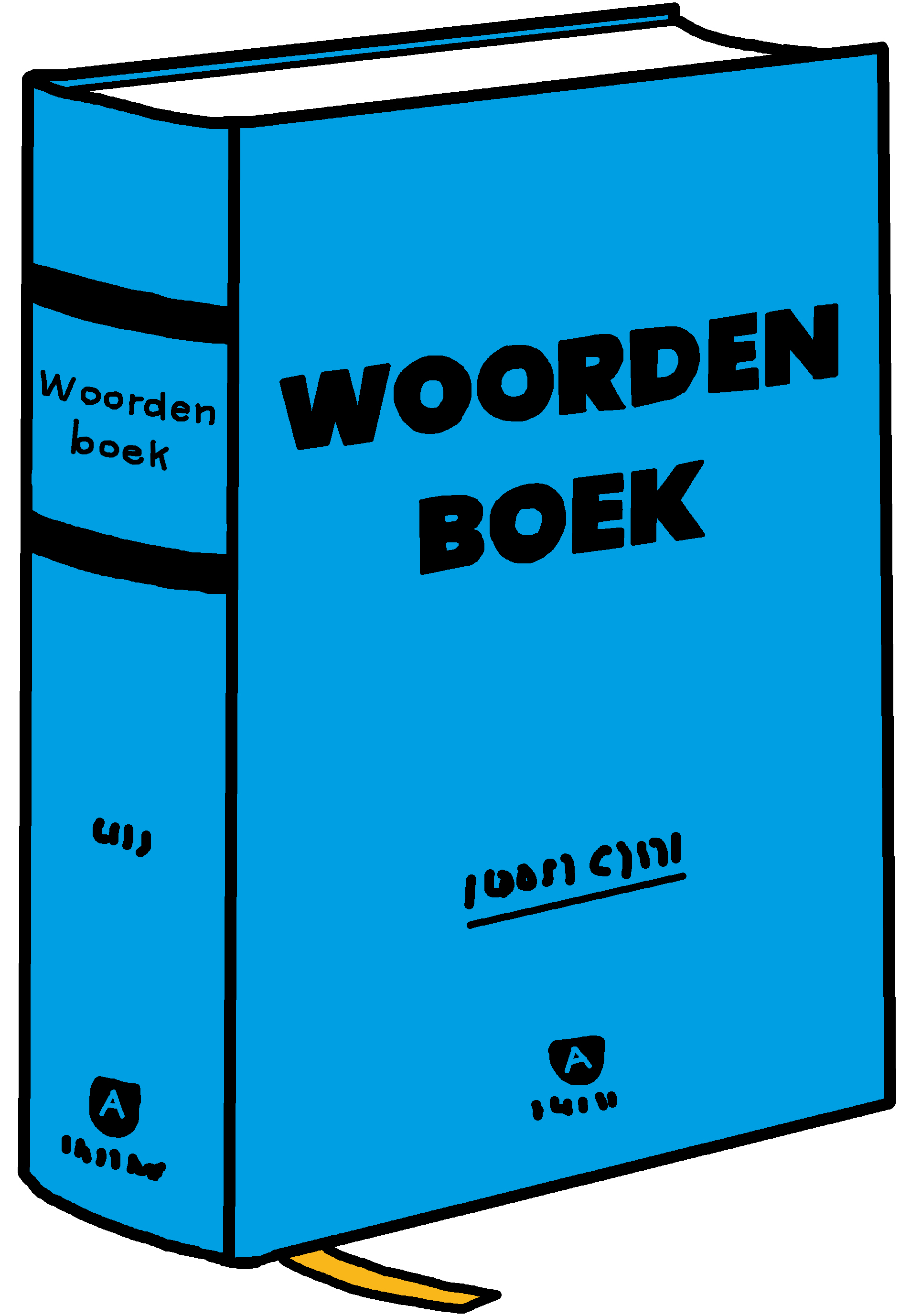
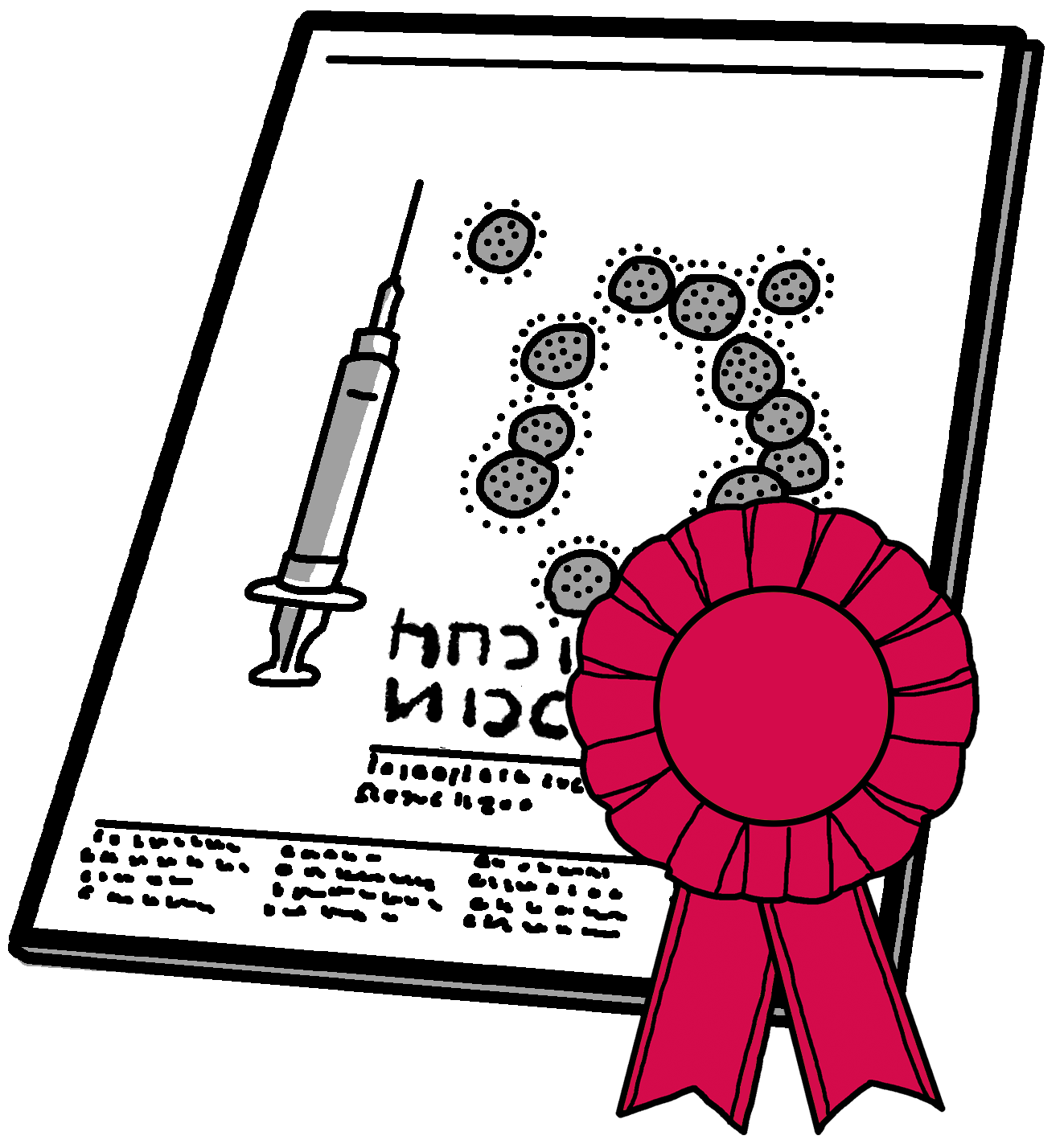 The quality of an academic journal and the articles published within it is of great importance. When in doubt about the quality of an Open Access Journal, there are a number of assessment criteria:
The quality of an academic journal and the articles published within it is of great importance. When in doubt about the quality of an Open Access Journal, there are a number of assessment criteria: